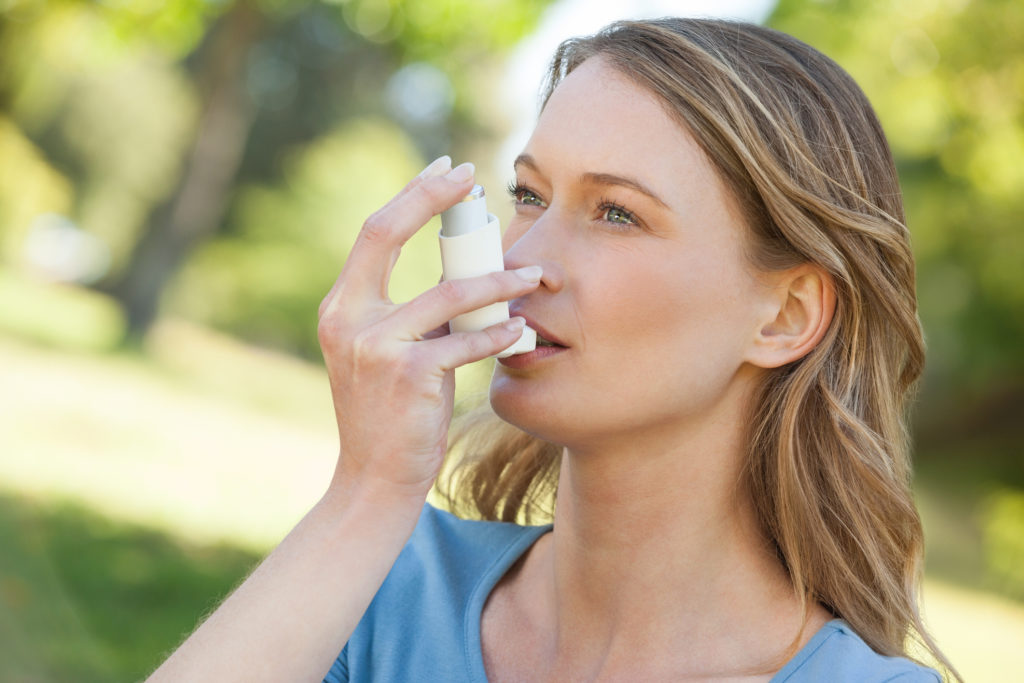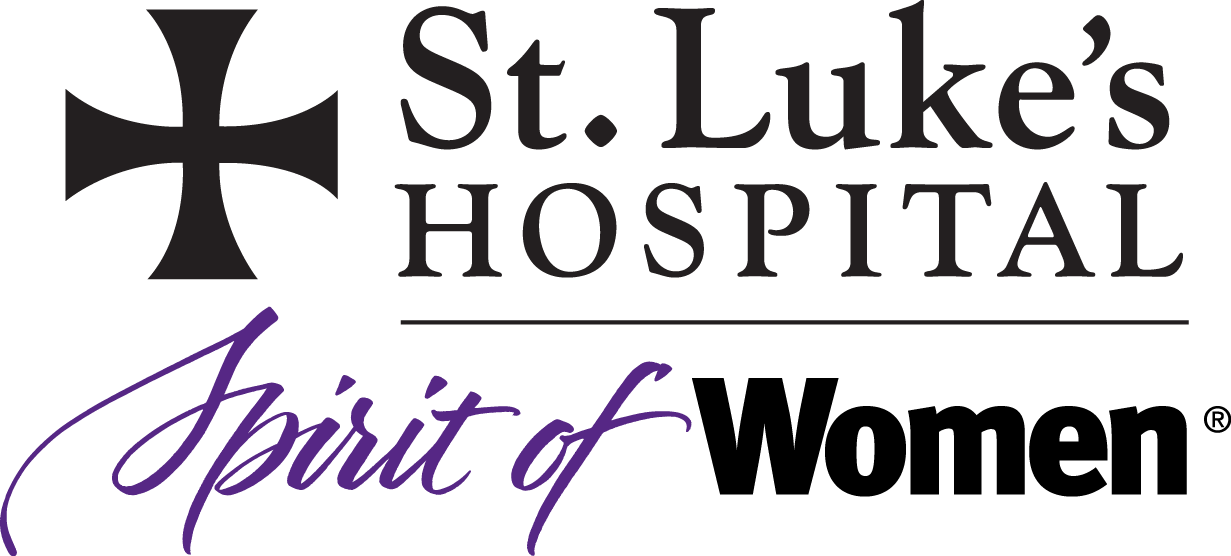Asthma
Asthma affects nearly 23 million Americans, including 7 million children. Asthma attacks are episodes of inflammation and narrowing of the airways in response to asthma “triggers.” Causes are unknown, but it also tends to run in families. Asthma symptoms range from minor wheezing to life-threatening attacks; asthma can often be managed with medications.

Symptoms: Attacks cause wheezing, coughing, breathlessness, chest tightness. Symptoms an range from wheezing to life-threatening attacks.
Risk factors: Family medical history, secondhand smoke, air pollution, harmful substances, respiratory childhood infections, low birth weight, being overweight.
Causes: No proven cause. Attacks are in response to “triggers:” pollutants, common allergens, stress, cold air, colds, certain medications.
The following table provides an overview of the major lung disorders: Asthma, Emphysema and COPD
| Disorder | Definition | Occurrence | Symptoms | Risk Factors | Causes | Treatments |
| Asthma | Respiratory disease in which airways in the lungs become inflamed and constricted. | Nearly 23 million Americans, including seven million children. | Attacks cause wheezing, coughing, breathlessness, chest tightness. Symptoms can range from wheezing to lifethreatening attacks! | Family medical history, secondhand smoke, air pollution, respiratory childhood infections, low birth weight, being overweight. | No proven cause. Attacks are in response to “triggers,” which can include pollutants, common allergens, stress, cold air, colds, certain medications. | No cure. Can be treated and controlled by avoiding triggers, taking medications as prescribed. |
| Emphysema | Air sacs in the lungs are gradually destroyed. | Major cause of death and disability; affects three million Americans. | Shortness of breath that causes an interruption in activities and can even occur while at rest. | Smoking, increasing age, exposure to secondhand smoke, occupational toxins, air pollution. | Smoking (leading cause), long-term exposure to airborne irritants, inherited deficiency (Alpha-1 antitrypsin emphysema). | Cannot be cured but treatment may relieve symptoms and slow progression. Managed with healthy lifestyle habits, medications, oxygen therapy, pulmonary rehabilitation programs, surgery. |
| COPD | An umbrella term used to describe any long-term, nonreversible damage to the lungs that interferes with normal breathing. In the U.S., chronic bronchitis and emphysema are the two main conditions that make up COPD. | Third-leading cause of death and a major cause of disability. 12 million Americans have been diagnosed with COPD and another 12 million are thought to have COPD and not know it. | Coughing, coughing with mucus, breathlessness, lack of energy, weakness. | Smoking, longterm exposure to harmful pollutants, lack of exercise, being overweight, being female, increasing age. | Smoking, pollutants, genetic conditions, poor health, lifestyle habits. | There is no cure: managed with healthy lifestyle habits,medications, oxygen therapy, pulmonary rehabilitation programs, surgery. |
